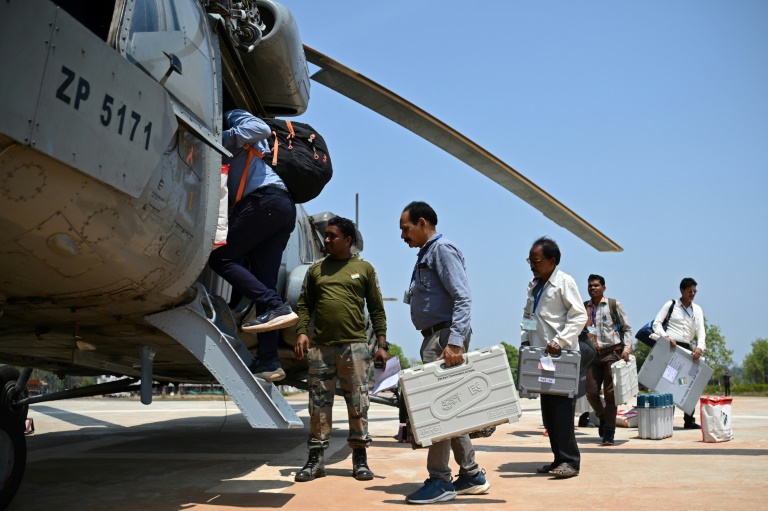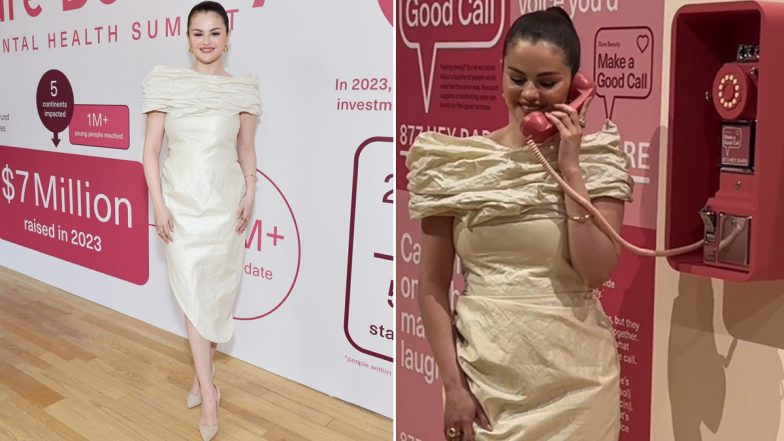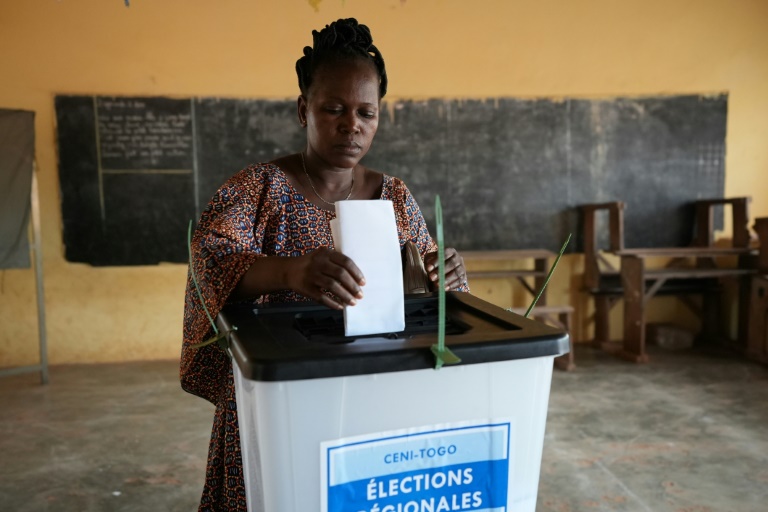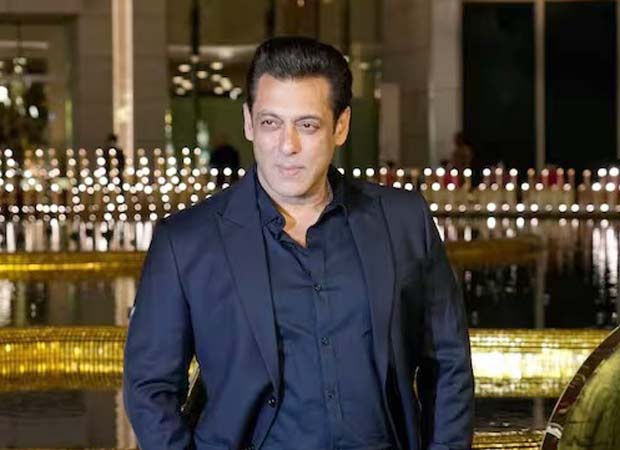India began voting Friday in a six-week election with an all but assured victory for Hindu nationalist Prime Minister Narendra Modi, as a weakened opposition is pushed to the sidelines.
A total of 968 million people are eligible to take part in the world’s biggest vote — a staggering logistical exercise that critics say follows a concerted effort to delegitimise rivals.
A long and winding queue was patiently assembled outside a polling station in Haridwar, an important Hindu pilgrimage site on the banks of the Ganges river and one of the first cities to vote in the election, by the time officials opened the booths.
“I urge all those voting… to exercise their franchise in record numbers,” Modi wrote in a social media post on X as the election began.
“Every vote counts and every voice matters!”
Modi, 73, remains resoundingly popular after a decade in office that has seen India rise in diplomatic clout and economic power, as well as efforts by his government to bring the country’s majority faith in ever closer alignment with its politics.
He has already led the ruling Bharatiya Janata Party (BJP) through two landslide victories in 2014 and 2019, forged in large part by his appeals to the Hindu faithful.
This year, he presided over the inauguration of a grand temple to the deity Ram, built on the grounds of a centuries-old mosque razed by Hindu zealots.
“The nation is creating the genesis of a new history,” Modi told the thousands gathered for the ceremony, among them Bollywood celebrities and cricket stars.
Construction of the temple fulfilled a long-standing demand of Hindu activists, and was widely celebrated across India with back-to-back television coverage and street parties.
Analysts have long expected Modi to triumph against a fractious alliance of more than two dozen parties that have yet to name a candidate for prime minister.
His prospects have been further bolstered by several criminal probes into his opponents and a tax investigation this year that froze the bank accounts of Congress, India’s largest opposition party.
Opposition figures and human rights organisations have accused Modi’s government of orchestrating the probes to weaken rivals.
“We have no money to campaign, we cannot support our candidates,” Rahul Gandhi, the most prominent Congress leader, told reporters in March.
“Our ability to fight elections has been damaged.”
Modi’s tenure has seen India overtake former colonial ruler Britain as the world’s fifth-biggest economy, and Western nations lining up to court a prospective ally against regional rival China’s growing assertiveness.
In doing so, they have sidestepped concerns over the taming of India’s once-vibrant press and restrictions on civil society that have seen rights groups like Amnesty severely curtail their local operations.
Last year, the tax office raided the BBC’s local offices weeks after the British broadcaster aired a documentary questioning Modi’s role in 2002 religious riots that killed around 1,000 people, most of them Muslims.
While India is constitutionally secular, the country’s 220 million-strong Muslim community and other minorities have also felt threatened by the rise of Hindu nationalist fervour.
Modi’s time in office had seen “a pattern of repression to undermine democracy and civic space”, rights group CIVICUS said in a Wednesday report.
Modi’s BJP is challenged by an alliance of more than two dozen parties that have come together in an electoral bloc.
It has accused Modi’s government of using law enforcement agencies to selectively target its leaders and undermine its campaign.
Among them is Delhi chief minister Arvind Kejriwal, arrested last month and still in custody on allegations his party received kickbacks in return for liquor licences.
Gandhi — the scion of India’s most famous political dynasty, whose father, grandmother and great-grandfather all served as prime minister — was briefly disqualified from parliament last year after being convicted of criminal libel.
The 53-year-old has criticised the government for democratic backsliding and its chest-thumping Hindu nationalism.
On Friday, his Congress party urged voters to end “hatred and injustice” as polls opened.
“Your one vote can put an end to inflation, unemployment, hatred and injustice,” it said on social media platform X.
But Gandhi has already led Congress to two defeats against Modi and his efforts to dent the premier’s popularity have failed to register with voters.
Published opinion polls are rare in India, but a Pew survey last year found Modi was viewed favourably by nearly 80 percent of the public.
Voting will be staggered over seven stages between April 19 and June 1, with more than a million polling stations across India.
Ballots will be counted all at once on June 4 and are usually announced on the same day.
AFP
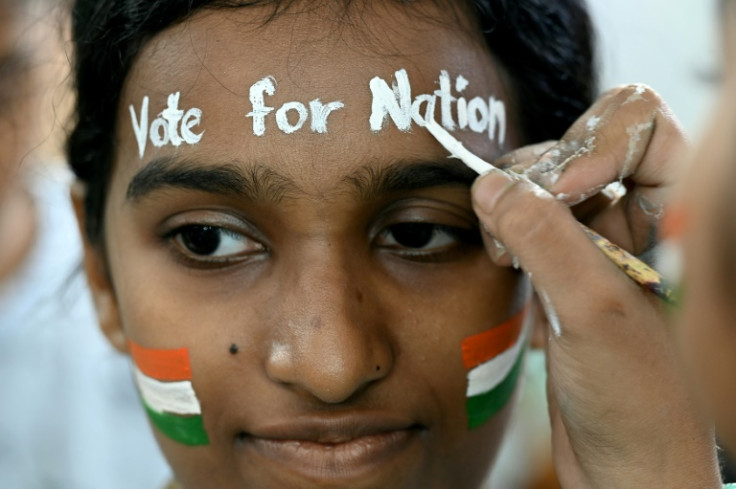
AFP
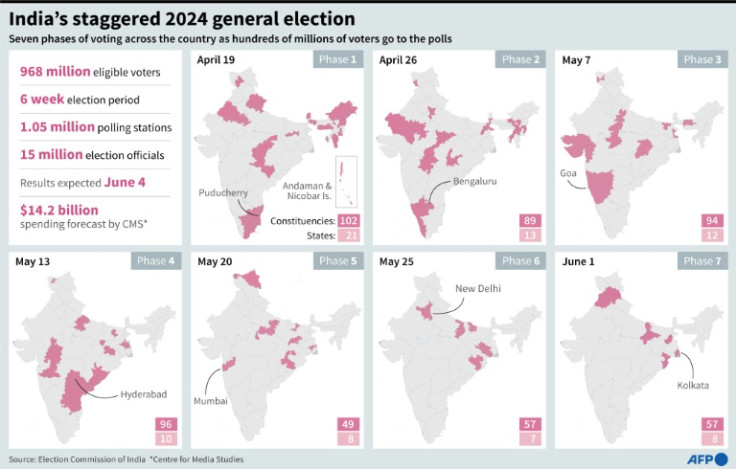
AFP

